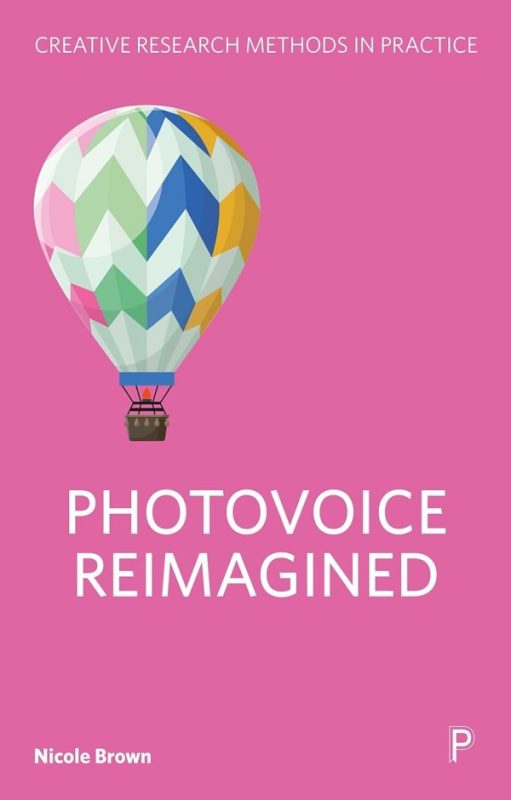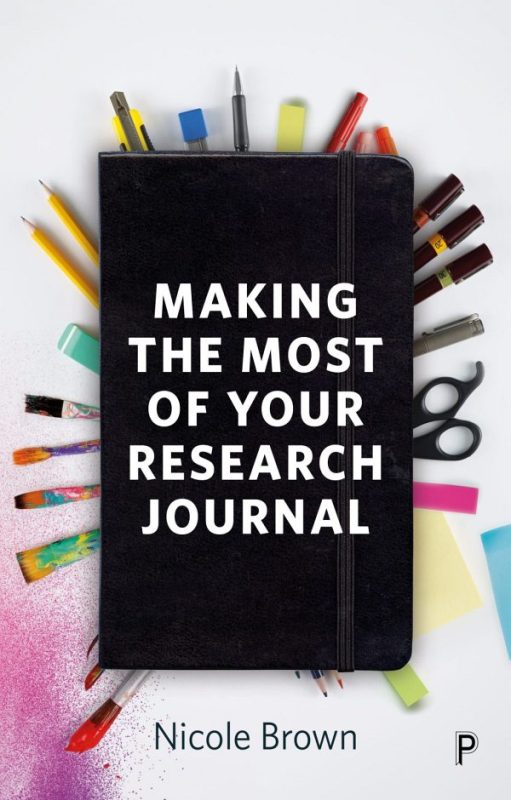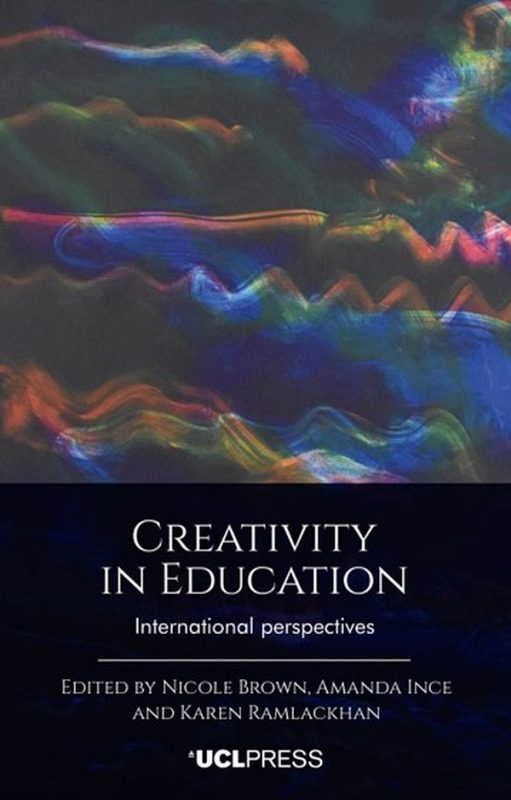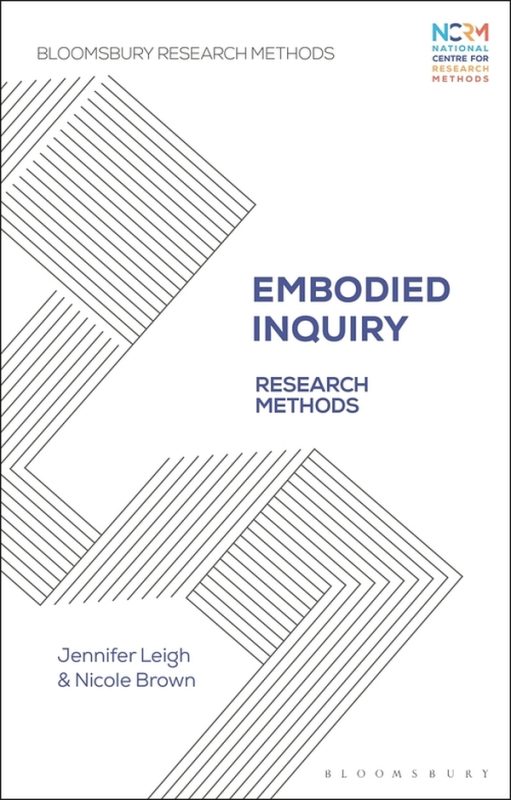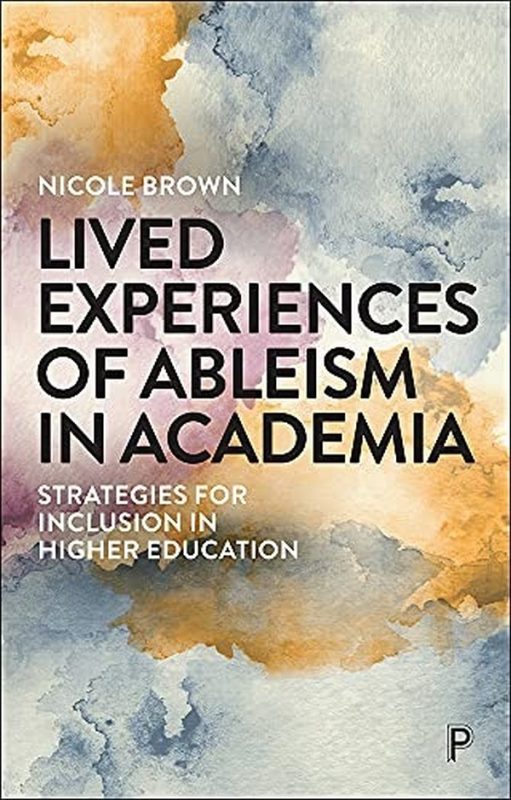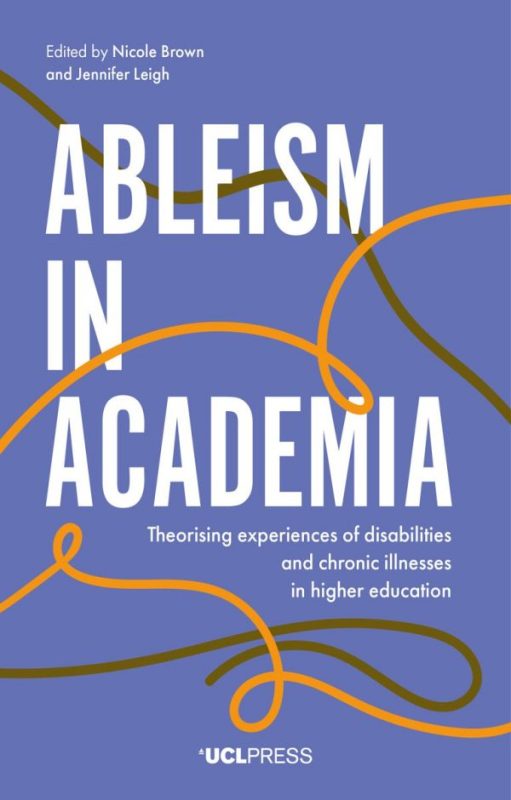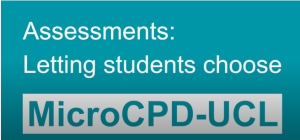
Assessments: Letting students decide
This is a link to a UCL MicroCPD video that explains how in my module we are letting students decide on how they want to be assessed.
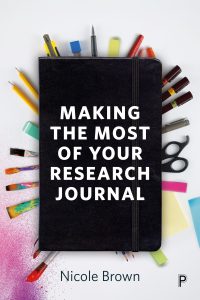
Author talk: Making the most of your research journal
As part of the fabulous Phd Life Raft symposium organised by the magnificent Dr Emma Brodzinski, I was invited to an author talk about my book Making the Most of Your Research Journal. It was a great pleasure to oblige, and I thoroughly enjoyed that exciting experience.
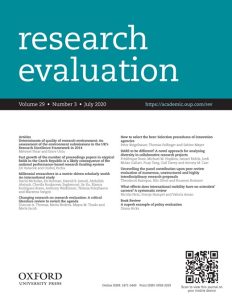
Article: Researcher experiences in practice-based interdisciplinary research
This article discusses researchers' experiences of interdisciplinary research to maximize the benefits of interdisciplinary research.
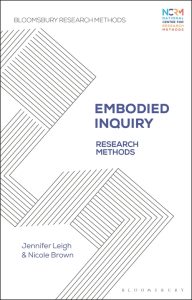
Book: Embodied Inquiry: Research Methods
Accounting for the interdisciplinary nature of the field, this book has been written to be a concise primer into Embodied Inquiry for research students, scholars and practitioners alike.

Systematic Visuo-Textual Analysis
I was invited to contribute to the Photovoice Worldwide webinar series to present the Systematic Visuo-Textual Analysis, a framework for analysing visual and textual data.
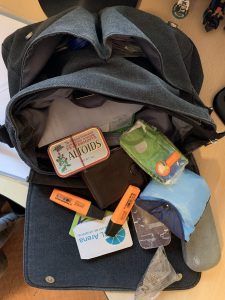
Handbags: representations of identity and memories
Handbags: I am inviting you to take in part in my research project. Information, contact details and consent form available from here.

Ableismus in Academia: Trotz Fleiß kein Preis?
This post is a link to a recording from an event held via the Johannes Kepler Universität Linz, where I was asked to discuss ableism in academia.
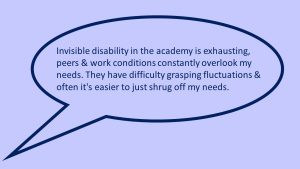
Disability post-lockdown
This post is a link to a recording from an event held on the 25th November 2020 via the University of Birmingham, where I was asked to discuss disability experiences before and after Covid19 Lockdown.

Ice breakers: starting lessons or meetings
This post is about ice breakers, and how we can plan for starting a session effectively without distracting from our contents.

Learning to accept fibromyalgia
In this post I report some preliminary outcomes from the pilot phase of my fibromyalgia study. This is about learning to accept.
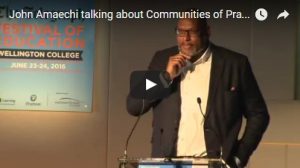
What are “communities of practice”?
Thoughts on what constitutes and characterises communities of practice and what is required to make communities of practice efficient and effective.
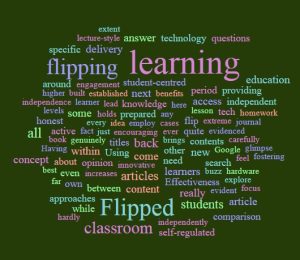
Is flipped learning really all the rage?
In this article about flipped learning I argue that flipped learning should only be used as one teaching method amongst many others.
What is fibromyalgia?
This is a brief introduction to fibromyalgia, an invisible illness causing pain and cognitive dysfunctions.

The Mosaic approach according to Clark and Moss
Alison Clark and Peter Moss developed their own way of carrying out research with children – the Mosaic approach. The idea behind the Mosaic approach is that researchers collect data through a wide range of means. These are what Clark and Moss consider "individual tiles". It is then the researcher's task to put these individual pieces together to form one big picture, just like many little tiles are formed into one big mosaic.

Epistemology
Methodology and methods are only part of the story of choosing a research framework. The way you go about collecting and interpreting data is strongly influenced by how you interpret knowledge and truth. This is about the epistemology. In simple terms, epistemology is the theory of knowledge and deals with how knowledge is gathered and from which sources. In research terms your view of the world and of knowledge strongly influences your interpretation of data and therefore your philosophical standpoint should be made clear from the beginning.
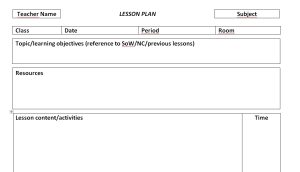
Lesson planning – some recommendations
When observing experienced teachers in lessons or when looking at their lesson plans, the lesson planning process appears easy. However, once you start planning your first lesson you will soon realise that there are many aspects that you must take into consideration. Here are some recommendations to get you started.
